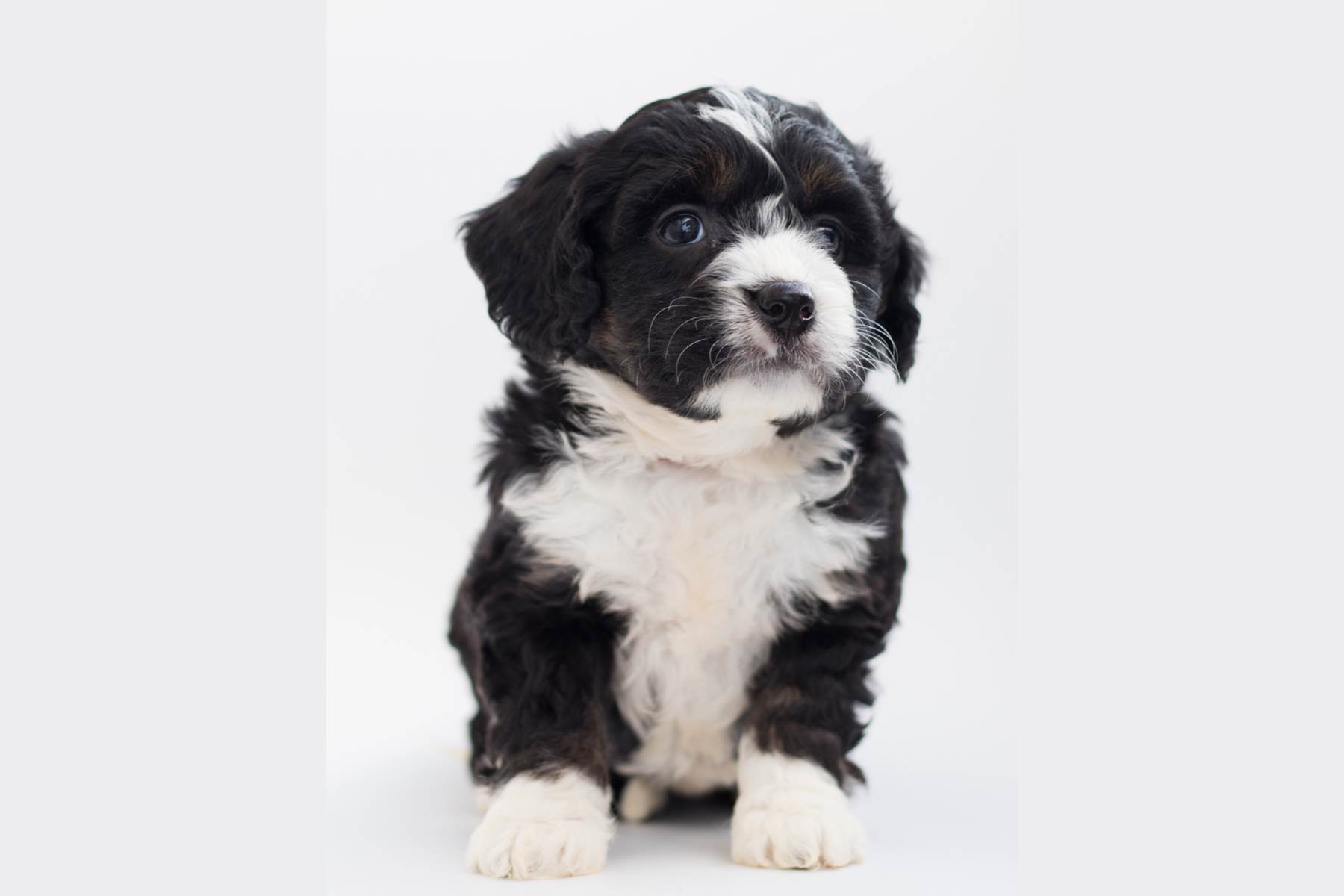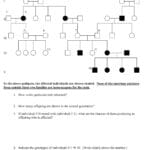Thinking about welcoming a Bernedoodle into your home but concerned about allergies? These Bernese Mountain Dog-Poodle mixes are undeniably charming, but the question remains: are they truly hypoallergenic? This comprehensive guide delves into the facts about Bernedoodles and allergies, providing you with the knowledge you need to make an informed decision. We’ll explore the science behind dog allergies, the role of Bernedoodle generations and coat types, and practical tips for minimizing allergy triggers. Let’s navigate the complexities of dog allergies together and discover if a Bernedoodle could be the right fit for your family.
Decoding the Allergy Puzzle
The idea of a truly “hypoallergenic” dog is, unfortunately, a myth. Every dog produces allergens—proteins found in their dander (dead skin flakes), saliva, and urine—not the fur itself. These allergens can become airborne, triggering reactions in sensitive individuals. While some breeds produce fewer allergens, it’s never zero. So, while a Bernedoodle might look like a fluffy dream, they’re not completely allergen-free.
Bernedoodle Generations: A Recipe for Allergens
Bernedoodles come in different generations, each a unique blend of Bernese Mountain Dog and Poodle. This mix directly impacts their coat and, consequently, their allergen levels.
F1 Bernedoodles (50% Bernese, 50% Poodle): These first-generation pups inherit a balanced mix, often resulting in a higher-shedding coat similar to their Bernese parent, and thus, a potentially higher allergen load.
F1B Bernedoodles (75% Poodle, 25% Bernese): With a greater percentage of Poodle DNA, F1Bs tend to shed less and produce fewer allergens. They’re often a better choice for those with mild allergies.
Multigenerational Bernedoodles (F1BB, F2B, etc.): These pups have an even higher Poodle percentage (87.5% or more), often resulting in the lowest shedding and allergen levels among Bernedoodles.
| Generation | Poodle (%) | Bernese Mountain Dog (%) | Shedding Tendency | Allergen Potential |
|---|---|---|---|---|
| F1 | 50 | 50 | Higher | Higher |
| F1B | 75 | 25 | Lower | Lower |
| Multigenerational | 87.5+ | 12.5 or less | Lowest | Lowest |
Coat Types: The Curl Factor
Even within the same generation, coat type matters. A curlier, Poodle-like coat is more likely to trap dander and allergens close to the skin, reducing their spread. A straighter coat sheds more readily, releasing allergens into the environment.
The 28% Reality Check: Managing Expectations
A survey of Bernedoodle owners by Popular Doodle revealed that about 28% of those with dog allergies still experienced symptoms with their Bernedoodle. This highlights a crucial point: even low-shedding dogs can trigger allergies in some individuals. Each dog is unique, and allergen production can vary even within the same litter.
Minimizing Allergies: Proactive Strategies
Interested in a Bernedoodle despite allergy concerns? Here’s how to minimize potential triggers:
Choosing Wisely:
- Generation: Opt for an F1B or multigenerational Bernedoodle.
- Coat: Look for a pup with a tighter, curlier coat.
- Meet and Greet: Spend time with the specific dog before bringing them home. Observe your allergy symptoms during and after the visit. If possible, consider having allergy testing done specifically for that dog.
Grooming for Success:
- Regular Brushing: Brush your Bernedoodle frequently to remove loose dander.
- Professional Grooming: Regular professional grooming can further reduce shedding and allergen levels. Ask your groomer about specific techniques and products for allergy management.
Home Environment Strategies:
- Air Purifiers: Invest in high-quality air purifiers with HEPA filters.
- Frequent Cleaning: Wash bedding, rugs, and other frequently contacted surfaces regularly. Vacuum frequently using a HEPA filter vacuum.
- Hypoallergenic Shampoo: Use a hypoallergenic dog shampoo.
- Restricted Areas: Consider keeping your Bernedoodle out of your bedroom to minimize nighttime allergy symptoms.
The Bottom Line: Informed Decisions & Ongoing Management
Finding the right dog when you have allergies requires careful research and realistic expectations. While Bernedoodles may be a good choice for some allergy sufferers, they aren’t a guaranteed solution. Consult with your allergist and a reputable breeder to make the most informed decision. They can provide personalized guidance and help you find the right furry friend. Explore ongoing research on canine allergens and consider allergy testing for dogs. Remember, responsible breeding practices can also contribute to minimizing health issues that might exacerbate allergies. Discover the surprising ways increased berry production is a boon for grizzly bears.

















1 thought on “Bernedoodles and Allergies: Are They Truly Hypoallergenic?”
Comments are closed.